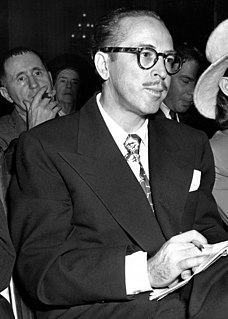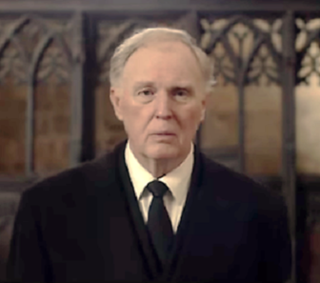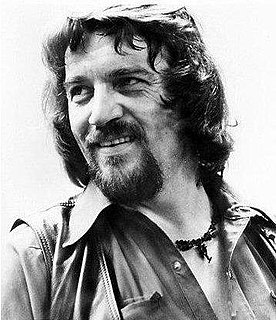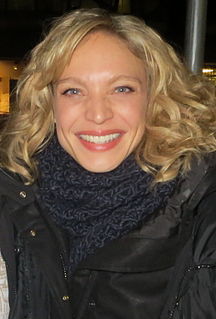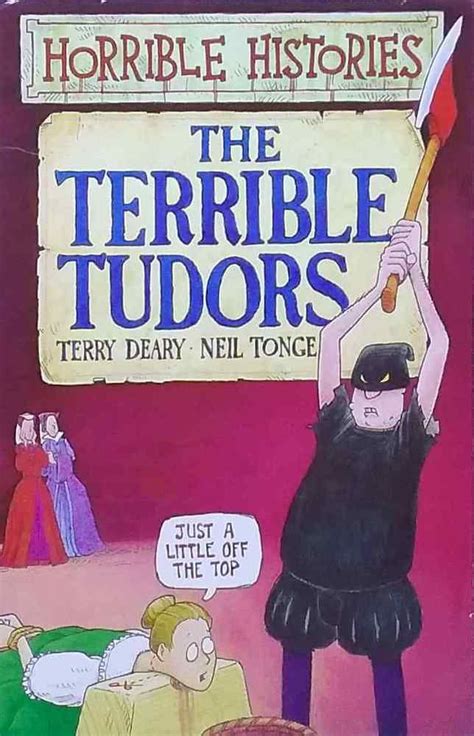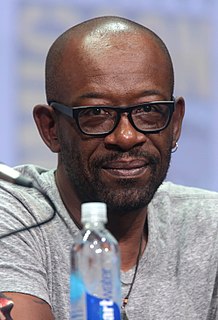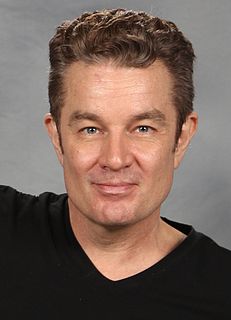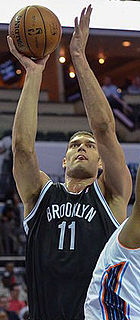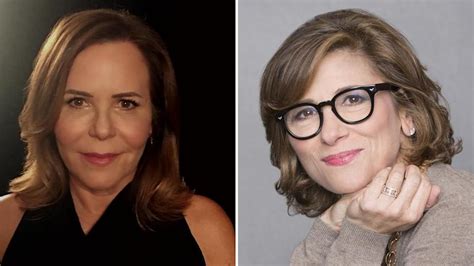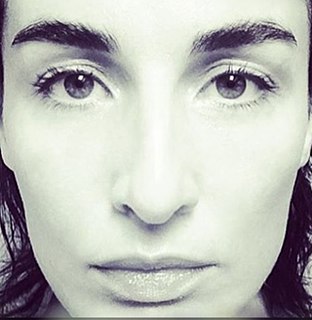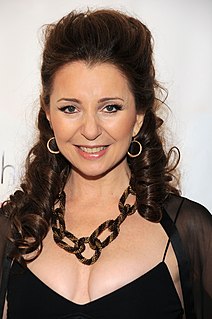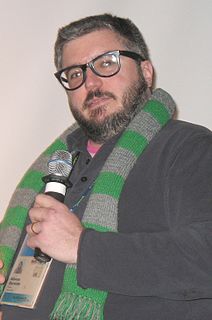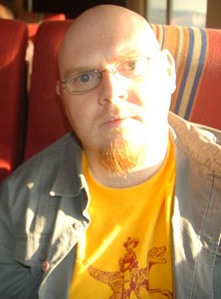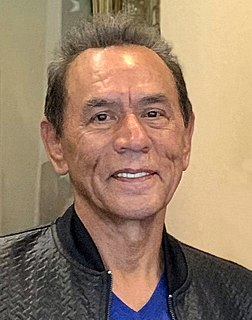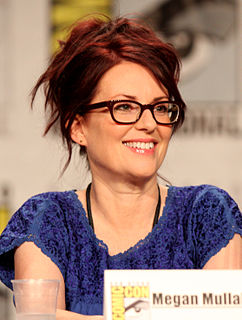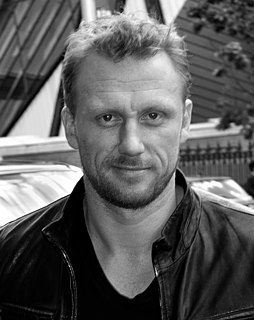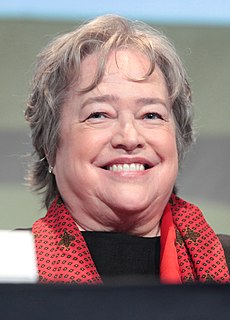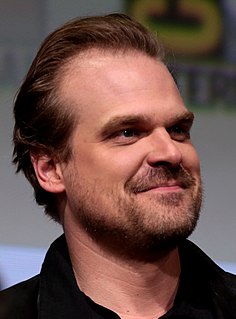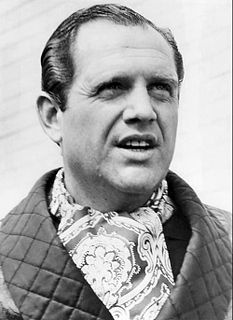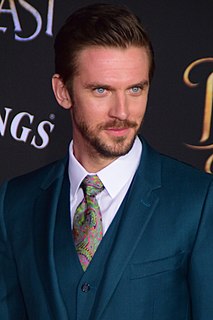Top 487 Villains Quotes & Sayings - Page 7
Explore popular Villains quotes.
Last updated on December 22, 2024.
Spider-Man is a genuine American myth with a dark, primal power, but it's also got this great superhero, and - hey! - he can fly through the theater at 40 miles an hour. It's got villains, it's got skyscrapers, it's colorful, it's Manhattan. I knew it would be a challenge, but I saw the inherent theatricality in it, and I couldn't resist.
I really enjoy playing villains, whether they're realistic like Switchblade Sam or whether they're a bit more over-the-top like Kruge in 'Star Trek III' or Judge Doom in 'Who Framed Roger Rabbit.' It's sort of a license just to be as bad as the script allows you to be - you can just go for it and have fun.
Having wallowed in a delightful orgy of anti-French sentiment, having deplored and applauded the villains themselves, having relished the foibles of bankers, railwaymen, diplomats, and police, the public was now ready to see its faith restored in the basic soundness of banks, railroads, government, and police.
I have a little bit of a pet peeve about how the middle class is depicted in movies. I feel like they tend to be either depicted in a very sentimental way, where everybody has a heart of gold except for the villains you're supposed to hiss at, or there's a sort of indie-style version... When it's done well, it's brilliant, it's 'Blue Velvet.'
I got to playing villains-I don't know how. I think it's like anything else, in the movies in particular that if you establish yourself as something and you're lucky enough to keep getting hired. You know, there are guys who play the guy who gets the girl, guys who are the best friend of that guy, there's the funny guy, the villain.
Shakespeare villains were extraordinary. Macbeth, Iago, Richard III... They're so richly layered that a British actor would find it almost impossible to create a two-dimensional villain, if he's explored in his early years or continues to explore his Shakespearean heritage. You can almost not judge them, if they're played really well.
I was always fascinated by the Torah, the Bible, in terms of story telling: heroes and villains, morality and flaws. There's no better epic. Also, being part Latin and Jewish means I have a sense of the theatrical. There were always a lot of people in my house. My home was always filled with a lot of storytellers.
I think the best villains are ones that you can look at and say, 'Yeah, he's obviously going about this the wrong way or going too far or whatever, but I can see where he's coming from.' Magneto's a great example of that, and the reason he and Charles Xavier can have such great conversations is that they can both make some good points.
Perhaps this is what we mean by sanity: that, whatever our self-admitted eccentricities might be, we are not the villains of our own stories. In fact, it is quite the contrary: we play, and only play, the hero, and in the swirl of other people's stories, insofar as these stories concern us at all, we are never less than heroic.
When you're writing for a game - even if you're using very well known characters like Batman and his villains who lend themselves to many different interpretations - you have to keep in mind that you're writing for a different medium. Things are a bit more straightforward than it is for a feature film or a TV show.
The Model Sanctuary is not about self-indulgence - it's about reminding and allowing them to become self-sufficient human beings. I wanted to alert people to the fact that we're not the victims, but nor are we the villains. We want fair practice and positive, sustainable change, working with the fashion industry, not against it.
When I decided to crop what was left of my hair, I thought, 'It's all over. I'm never going to work again: it's basket weaving me for me from now on.' But what actually happens is your casting changes: you suddenly start to get a lot of villains and coppers and soldiers and even the odd sensitive vicar - you become institutionalised.
Attempting to satisfy the passions that rage inside us and the longings that motivate us, we invent spirituality, lean on political solutions, create new villains, turn our backs on Jesus, and blame a thousand tyrannies- but we never come to terms with the source of the problem deep within the heart and inclination of every human being.
People are much more complicated in real life, but my characters are as subtle and nuanced as I can make them. But if you say my characters are too black and white, you've missed the point. Villains are meant to be black-hearted in popular novels. If you say I have a grey-hearted villain, then I've failed.
Proving that the best villains have the charisma of a hero, (Jason) Statham makes a strong impression, supplying the kind of menace that permeates the movie even when he's not on screen. His fight with (Dwayne) Johnson doesn't have the bang you'd expect from a The Transporter versus The Rock match-up, but the climactic Statham-(Vin)Diesel battle more than delivers.
I always tried to play the bad guys as guys who didn't know they were bad guys. There are villains we run into all the time, but they don't think they are doing anything wrong. If they do, they think they are cunning and smart. When people break laws and ethical rules, they justify it in their own terms.
We have a lot of villains in the world, all right? And the Catholic doctrine says turn the other cheek, the Christian doctrine. But if you turn the other cheek, you could be annihilated. So when is it justifiable to defend yourself and take aggressive action in that regard, like dropping drones on people?
And the men who loan money to governments, so called, for the purpose of enabling the latter to rob, enslave, and murder their people, are among the greatest villains that the world has ever seen. And they as much deserve to be hunted and killed (if they cannot otherwise be got rid of) as any slave traders, robbers, or pirates that ever lived.
I am a feminist. I'm trying to show the relationships between men and women, always the structural relations, not individual villains. I'd never make a husband a villain. I try very hard in my work not to - because if I made one man a villain, the rest would be off the hook. I'm interested in the system of oppression.

